
- Share via
- False rumors of Haitian residents eating dogs and cats have thrown the Ohio city into turmoil.
- Daily life, says one resident, has been “turned upside down by such vitriol and ignorance.”
- Some Haitians have already decided to leave Springfield and Ohio altogether.
A disturbing scenario has played out at public schools across Springfield, Ohio, in recent days, with children turned away as they arrive or, worse, rushed out of classrooms, all because of bomb threats.
Parents have struggled to explain to 6- and 7-year-olds what is happening. Some aren’t quite sure about sending their kids back.
“You don’t want to give in to the fear,” said a mother who asked not to be identified to protect her family. “But it’s your children.”

Haitians in this blue-collar city are not the only ones feeling threatened in the wake of false accusations that they are eating their neighbors’ cats and dogs — a claim parroted by former President Trump and his running mate, Ohio Sen. JD Vance. With Springfield thrust into an angry national debate over immigration, dread has permeated neighborhoods across the city.
State troopers now stand guard outside schools and government buildings. Last weekend, suspected members of the far-right Proud Boys marched through the streets and the Ku Klux Klan distributed hate-filled leaflets. The unease is so pervasive that most residents interviewed by The Times declined to give their names, saying neighbors have been harassed for speaking to the media.
As one woman put it, daily life has been “turned upside down by such vitriol and ignorance.”
It’s a U.S. senator’s job to watch out for his constituents. Ask the residents of Springfield, Ohio, how JD Vance is doing on that score.
On Thursday, Springfield Mayor Rob Rue issued a proclamation granting his office “temporary emergency powers to mitigate public safety concerns.” The announcement came less than 24 hours after Trump said at a rally that he plans to visit the city of 58,000. As he has said before, he suggested Springfield was unsafe. “You might never see me again, but that’s OK. I gotta do what I gotta do,” Trump said.
Though the former president enjoys widespread support in Ohio, his arrival might not be universally welcomed.
“We knew after he said that stuff, it would be a miserable couple months here,” said a resident who asked not to be identified. She called it “so wrong on so many levels.”
The roots of the turmoil date back several years to a time when Springfield was suffering through an economic slump. Civic leaders launched a campaign to attract new businesses, eventually bringing thousands of new jobs and the need for a larger workforce.

An estimated 12,000 to 15,000 Haitian immigrants gravitated to the city — often from other parts of the country — under Temporary Protected Status given to them because of violent unrest in their homeland. By many accounts, they helped spark an urban renewal.
“Haitian workers pay taxes and re-invest in our local economy,” the Chamber of Commerce states on its website. “Our Haitian population is willing to work hard and adapt.”
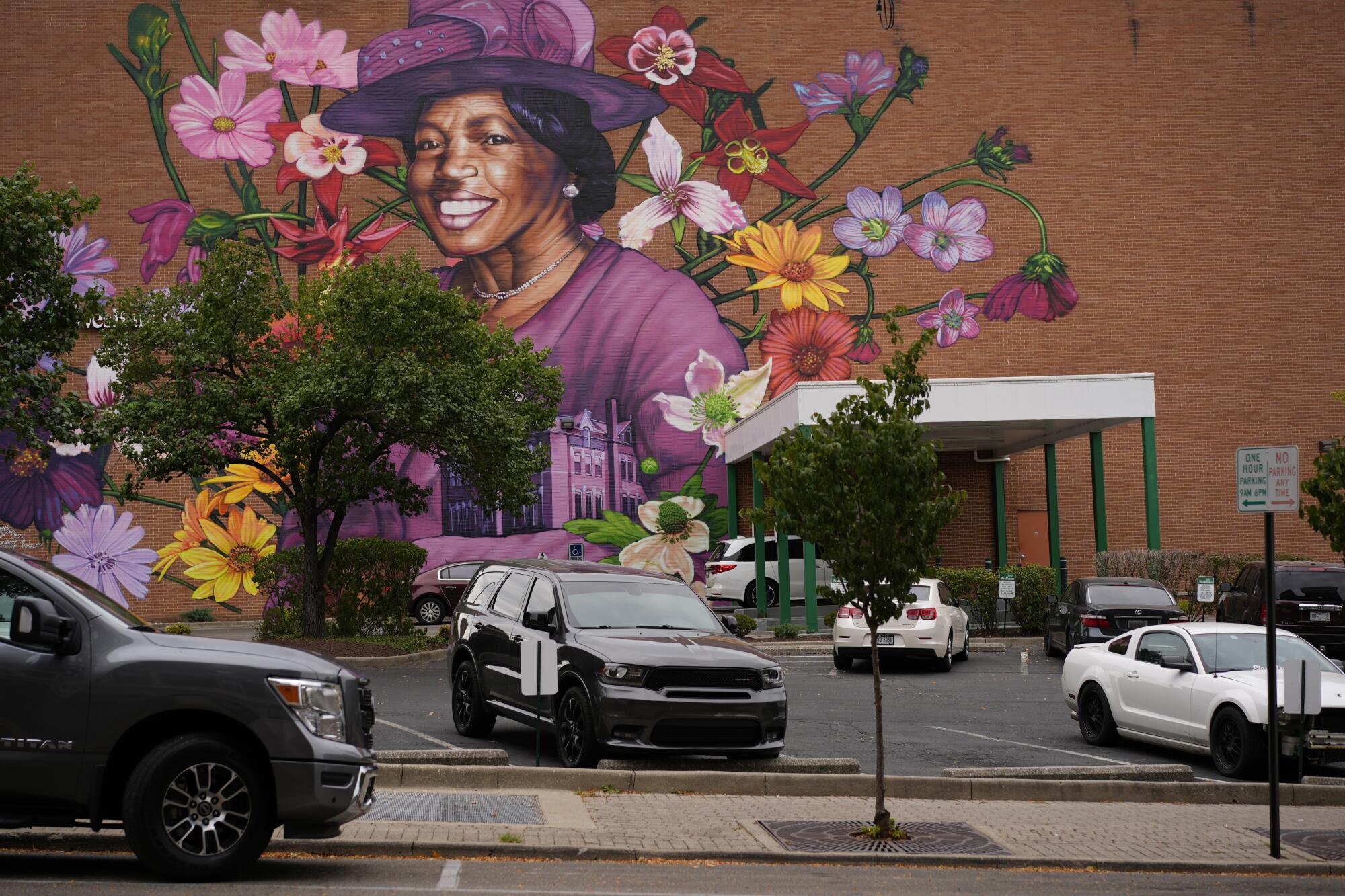
Though resident Larry Lytle said he enjoys walking through his culturally diverse neighborhood and hearing “three or four different languages,” the influx put a strain on government services, healthcare and public education. Longtime residents complained that rents were rising significantly amid increased demand for housing.
Pent-up tensions erupted last year when a Haitian immigrant driving without a valid license collided head-on with a school bus, killing an 11-year-old boy.
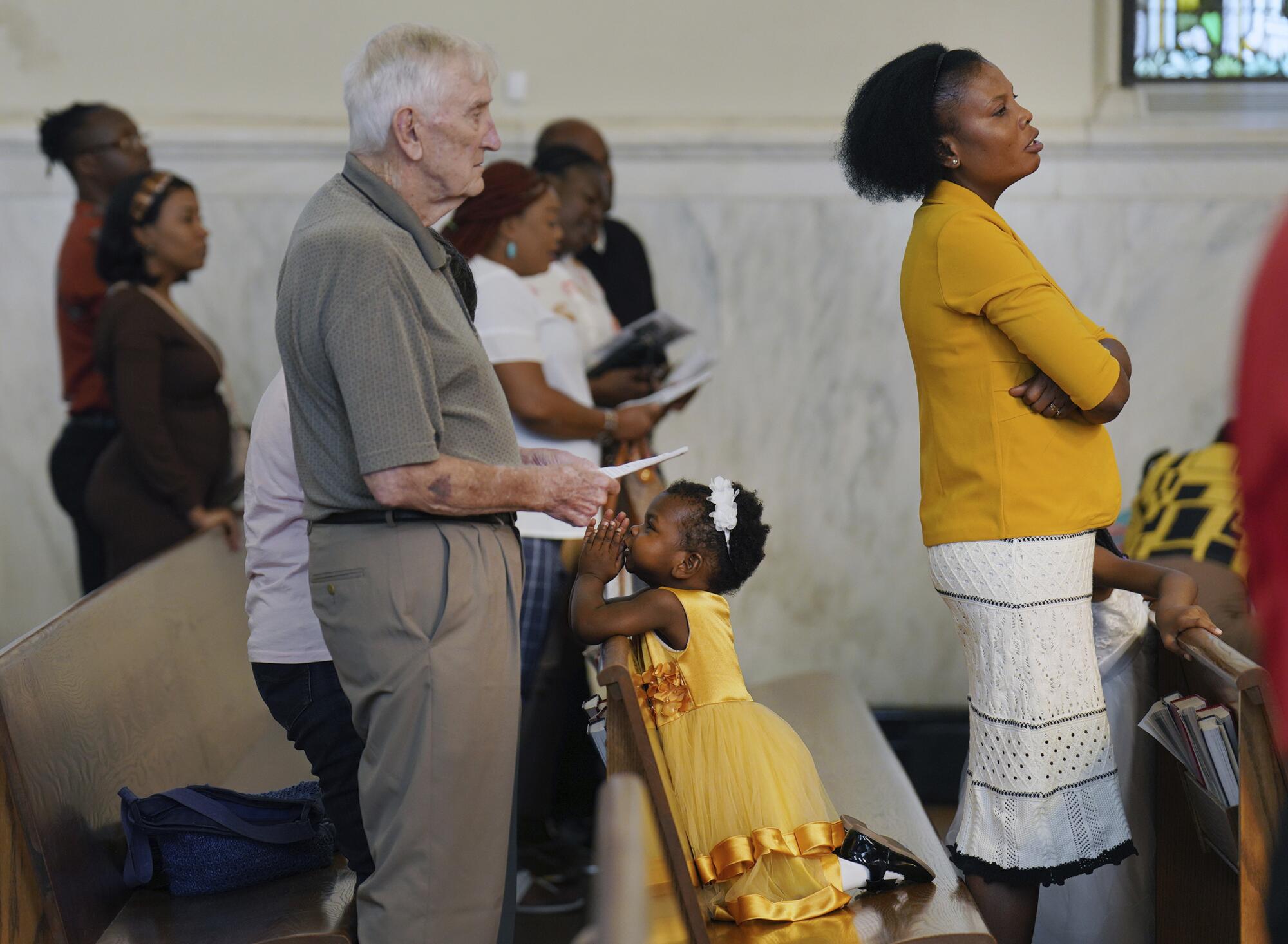
The growing anger led to this summer’s “pet-eating” claims on social media. The Wall Street Journal reported that a representative from Vance’s office contacted city officials to verify the claim. He was told police had received no such reports. Vance went public with the charge anyway.
Similarly, city officials say the Ohio Department of Natural Resources has seen no evidence regarding another rumor that Haitians are killing geese in public parks for food.
Ohio Gov. Mike DeWine — a Republican — characterized the claims as “a lot of garbage on the internet.”
Hood County, Texas, has been shaken by a civil war between traditional Republicans and a far-right faction of the party energized by Donald Trump’s brash brand of politics.
Still, Trump insisted that immigrants were “eating the dogs” during the recent presidential debate and Vance continued to push the false narrative, telling CNN: “If I have to create stories so that the American media actually pays attention to the suffering of the American people, then that’s what I’m going to do.”
Now Haitians in the community feel targeted, afraid to leave their homes.
“Some of them are scared for their life,” Rose-Thamar Joseph of a local Haitian support center told the Associated Press. “It’s tough for us.”
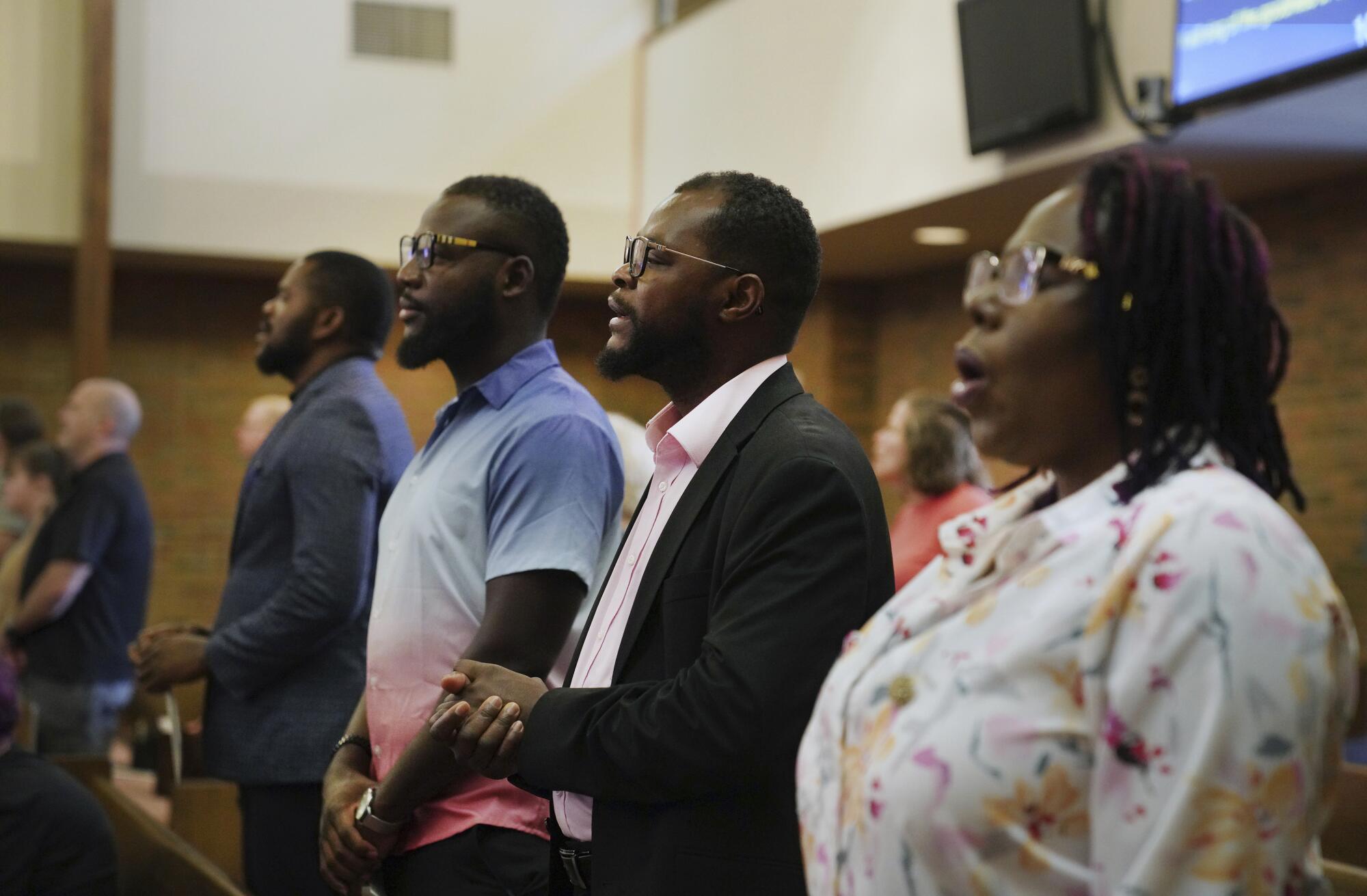
Residents across Springfield have suffered too, with schools, medical centers and government offices receiving dozens of bomb threats. Two Walmarts and a grocery store were temporarily evacuated.
“Yes, social services are stretched thin, along with schools and healthcare,” a resident said. “But you know who is not calling in bomb threats and who is not causing chaos and fear? The Haitians.”
Though all the threats have been hoaxes so far, advanced ticket sales for the city’s annual antiques show are reportedly lagging and officials canceled a diversity, arts and culture festival. Wittenberg University, which has also received threats, is holding classes online through the end of this week.
Vice President Kamala Harris said to National Assn. of Black Journalists members that former President Trump had a long history of using racist tropes — and of discriminating against Black people in particular.
A Springfield educator worries about kids not old enough to understand the political context or the anxiety they might be noticing in adults around them.
“There is definitely a sense of fear and tension in the younger grades,” the educator said. “Kids pick up on that sort of thing and so you sometimes notice behavior changes when that happens.”
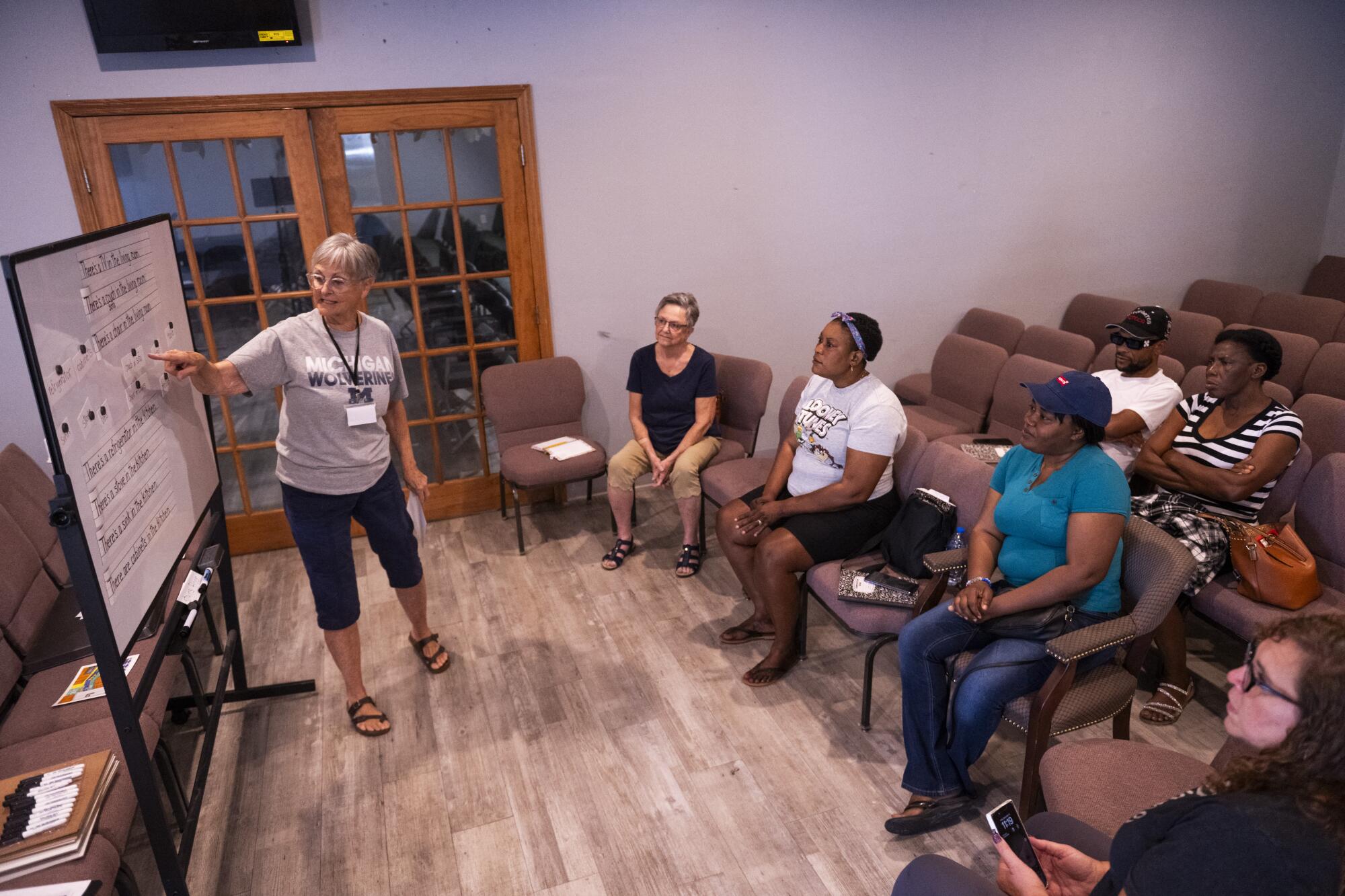
With the presidential election more than a month away — still weeks of heated rhetoric ahead — some Springfield residents sound pessimistic about the prospects of returning to normal anytime soon.
“The match was lit,” one said. “When is the fire going to be put out?”
High Street United Methodist Church had to cancel the English as a Second Language classes it hosts for safety reasons. The weekend classes are typically attended by a few dozen Haitian students. Cynthia Atwater, pastor at the church, said scared Haitian residents have asked the course’s program manager: “What should we do? Should we leave? We don’t know what to do.”
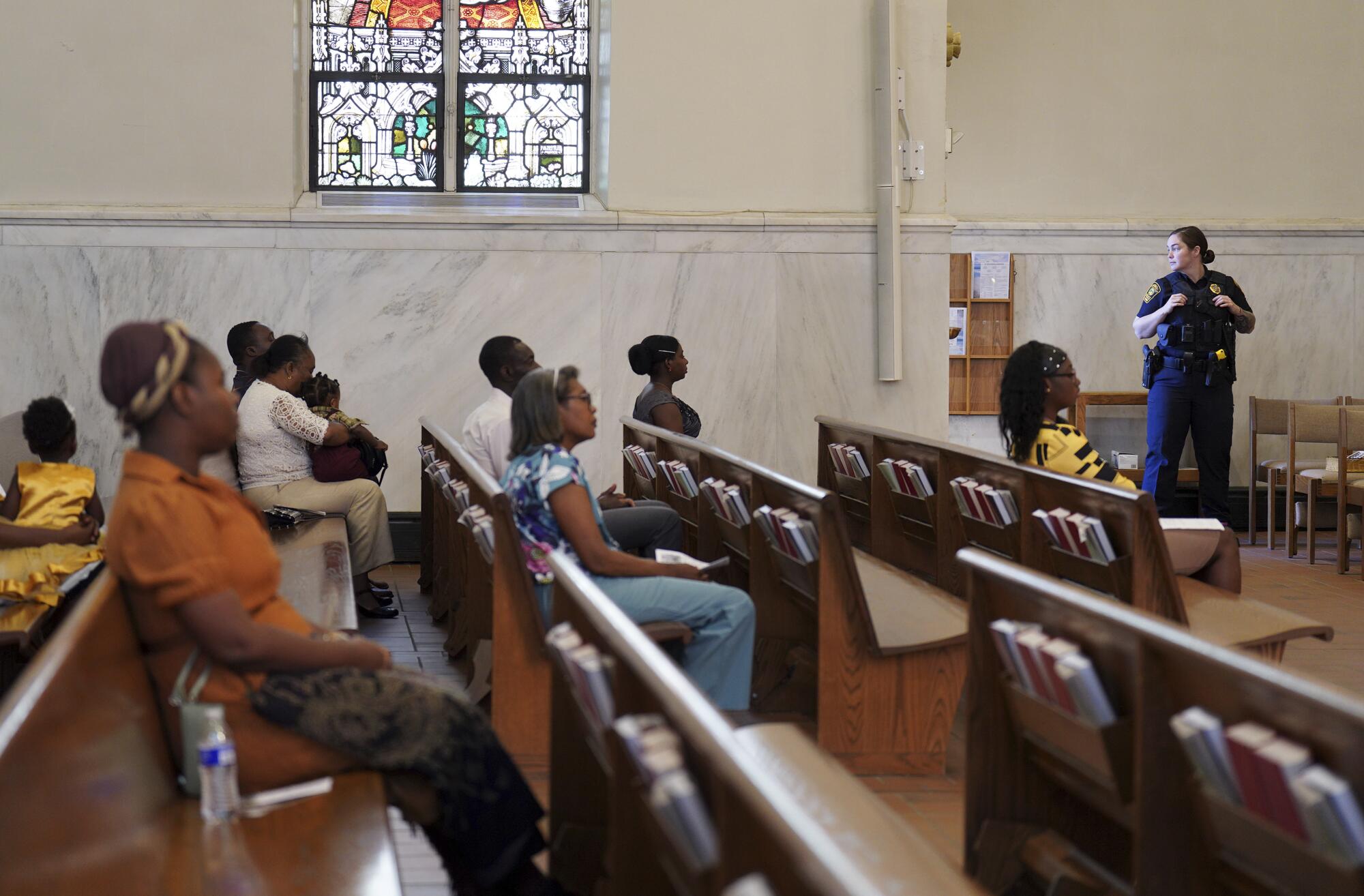
Atwater has heard some Haitians have already decided to leave Springfield and Ohio altogether.
Atwater, who is Black, said recent events in the city have made her feel unsafe. In August, a small group of people marched downtown during a jazz and blues festival, holding swastika flags.
Last week, when Atwater stopped in a local restaurant for dinner, she couldn’t help but overhear some customers using hateful language to attack Haitian migrants. “In my mind, I’m thinking I’m a brown-skinned person and they really don’t know if I’m Haitian or not. It was apparent it didn’t matter and they didn’t care.”
She has gotten calls from faith leaders across the country asking her how they can help. “I don’t have an answer other than to pray for the people and the situation,” she said. “I don’t know how we get through this.”
More to Read
Get the L.A. Times Politics newsletter
Deeply reported insights into legislation, politics and policy from Sacramento, Washington and beyond. In your inbox three times per week.
You may occasionally receive promotional content from the Los Angeles Times.















